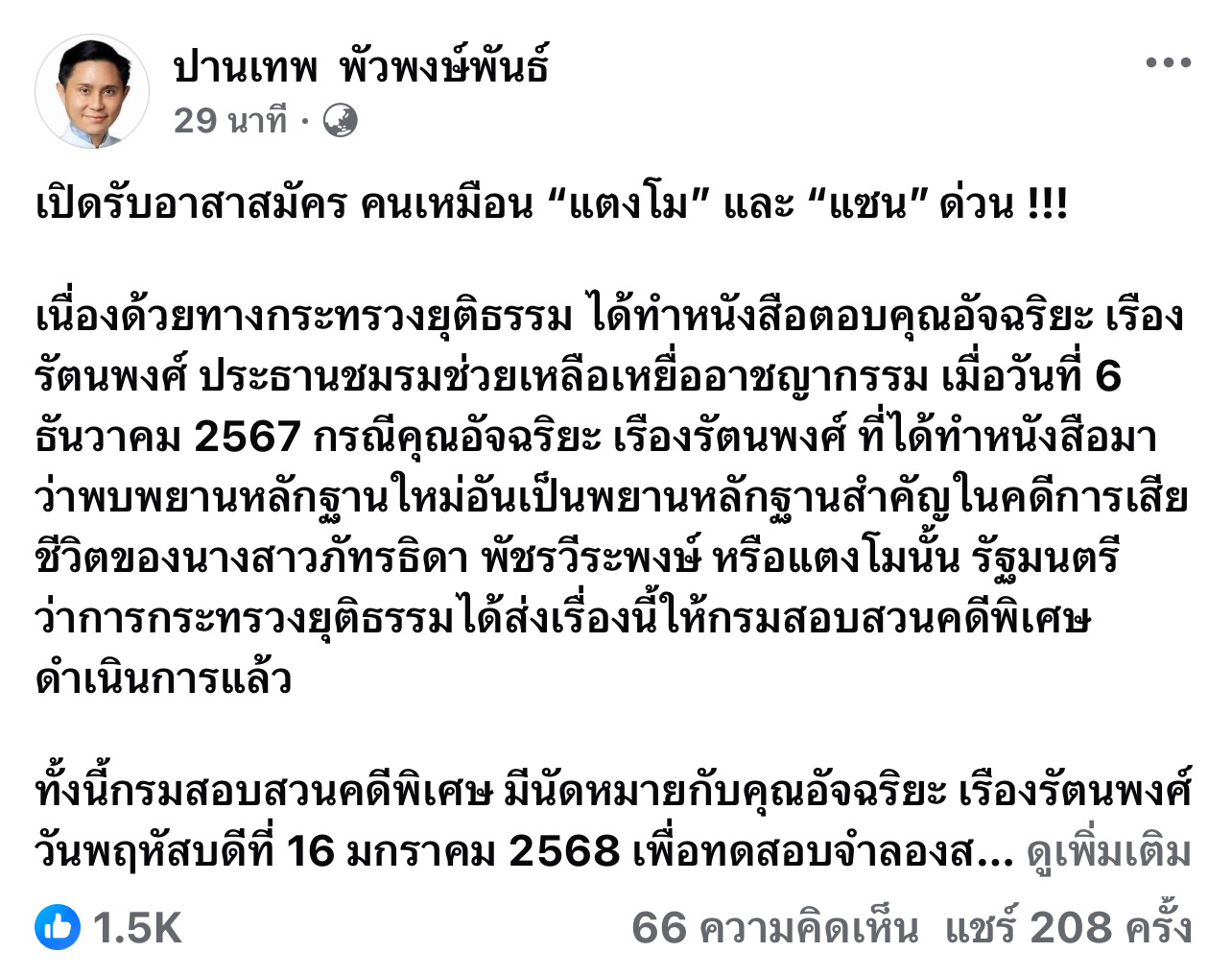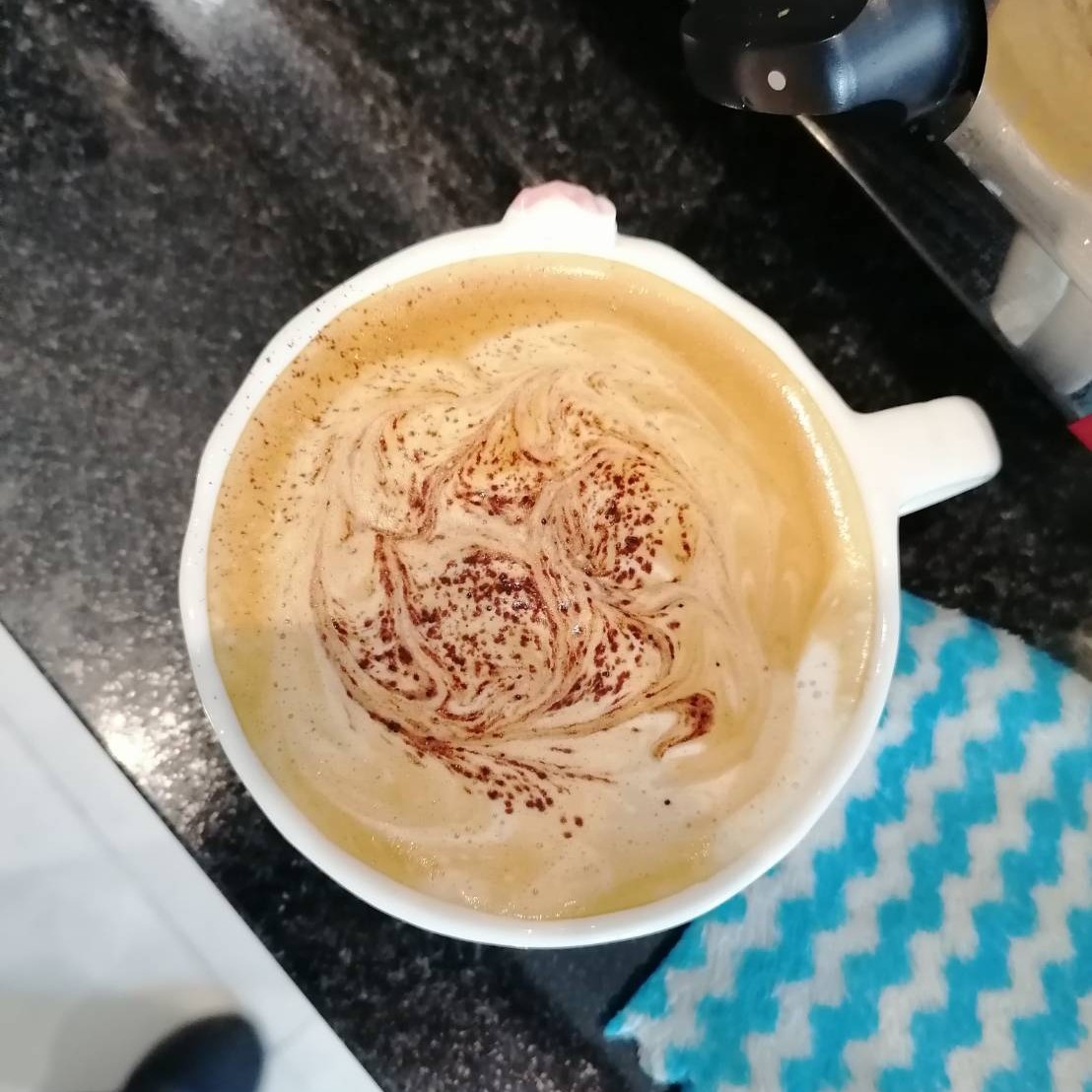You Don’t Always Have To Use “But”
The word but is a useful word that often ominously precedes a lot of bad news or tough criticism. But is a word that appears in many of our sentences and is one of the most commonly used words in the English language. But–and this is a big but–we might be overusing the word just a bit. It makes sense why we would overlay on but; after all, it is a short little word that can easily connect sentences together. However, there are so many other words and phrases that sadly aren’t getting to shine with but hogging all the spotlight. The word but may not like it, but it is time for but to butt out and let someone else slip into our sentences for a little while.
What does but mean, and why do we use it so much?
The word but is often used in two major ways: to express a contrast or to express an exception. The sentence Jenny is tall, but her parents are short is an example of but used to show contrast; Jenny’s height is totally different from her parents’. The sentence Everyone but Rahul was right-handed shows how but is used to express exception; Rahul is the only left-handed person, which makes him unique from everybody else.
In addition to having these two very common uses, the word but is also one of the seven coordinating conjunctions. In short, coordinating conjunctions allow us to easily connect independent sentences by simply using a comma. For example, we can combine the two shorter sentences Rabbits are fast and Turtles are slow into the larger sentence Rabbits are fast, but turtles are slow. This is a fairly easy way of combining sentences, so we often rely on but to join sentences together.
That isn’t all, though. Besides its big job as a conjunction, but can also be used as a preposition as in We tried everything but the kitchen sink or as an adverb as in There is but one road that leads to safety. With how versatile and useful the word but is, it is no wonder that we might overwork it sometimes!
Examples of but in sentences
The following examples show some of the different ways we often use but in sentences:
- I thought the book was really boring, but everyone else liked it.
- Nobody but Camila was able to last more than five minutes in the cold water.
- We could do nothing but stare in horror as the sandcastle collapsed.
- She knew of only but one way to calm the crowd: Karaoke!
Alternatives of contrast
The first major way we use but is to show contrast, contradiction, or opposition. Luckily for us, there are plenty of other words we can use to show relationships like these. In fact, we can find one among but’s coordinating conjunction friends in the word yet. Because yet is also a coordinating conjunction, we can swap it in for but without even needing to change the sentence. For example:
• We need a new car, but we can’t afford one.
• We need a new car, yet we can’t afford one.
While yet is an easy substitution for but to mean contrast, it isn’t the only option. Some other useful words and phrases that can fill in this role include:
• although, despite, however, nevertheless, nonetheless, notwithstanding, still, though, even though, on the other hand
Typically, we can use one of the above words/phrases in place of but while only making small changes to our sentences and without changing the sentence’s meaning. For example:
• The flight is on Saturday, but it might be delayed because of snow.
• The flight is on Saturday. However, it might be delayed because of snow.
Make the swap
The following pairs of sentences show how we can express a contrast by first using but and then by swapping it out for a similar word. Notice that the new sentences still express the same meaning.
• The painting looks great, but something is still missing.
• The painting looks great, yet something is still missing.
• The soldiers were heavily outnumbered, but they stood their ground anyway.
• The soldiers were heavily outnumbered. Nevertheless, they stood their ground anyway.
• Jessie and James act mean, but they are good people at heart.
• Jessie and James act mean. Still, they are good people at heart.
Alternatives of exception
The second major way that we use but is to express an exception. Again, we have a variety of different words and phrases with the same meaning that we can use to give but a break. Some of these words include:
• except, barring, save, without, excluding, minus, disregarding, omitting, aside from, not including, other than, apart from, leaving out
Most of the time, we can even substitute one of these words/phrases into a sentence without needing to change anything else. For example:
• Every student but Ryan enjoys basketball.
• Every student except Ryan enjoys basketball.
Make the swap
The following pairs of sentences show how we can state exceptions by first using but and then swapping it out for a similar word or phrase. Take note that the meaning of the sentence doesn’t change.
• All the animals but the tigers are sleeping.
• All the animals apart from the tigers are sleeping.
• I like all flavors of ice cream but mint.
• I like all flavors of ice cream other than mint.
• Every guard was loyal but one.
• Every guard was loyal, save one.
Change the sentence
It might be the case that the word but is just not the word we were looking for. In that case, we may need to take more drastic action and really change up a sentence. We might exchange but for a different word that alters the meaning of the sentence or even rewrite our sentences entirely.
Sometimes, we may want to frame our sentence in a way in which we don’t put two things in opposition or contrast, even if they are different. For example, we may just want to present two different options or state two different but equally important opinions.
Whatever our reasons, we have several different ways we could get but out of the sentence. The simplest way, which often won’t involve changing a sentence too much, is to swap out but for one of the other coordinating conjunctions. For example:
• I like dogs, but I don’t like cats. (Two opposing thoughts.)
• I like dogs, and I don’t like cats. (Two equal, different thoughts.)
• She might win big, but she might lose it all. (Two contrasting thoughts.)
• She might win big, or she might lose it all. (Two alternative outcomes.)
If we can’t use a different coordinating conjunction, we will often need to make more significant changes to our sentences in order to follow proper grammar. So, we might use a subordinating conjunction or split our clauses apart into separate sentences. For example:
• We wanted to go to the beach, but it rained all day.
• We didn’t go to the beach because it rained all day.
• Keith needed new shoes, but he couldn’t afford them.
• Keith needed new shoes. However, he couldn’t afford them.
Examples
Let’s look at different ways we can take but out of a sentence. You’ll notice that some of the sentences will change their grammar or even their meaning after but is replaced.
• Jason lives at Camp Crystal Lake, but he doesn’t work there.
• Jason lives at Camp Crystal Lake, and he doesn’t work there.
• She wants a new pony, but only if she can name it Pinkie Pie.
• She wants a new pony under the condition that she can name it Pinkie Pie.
• I didn’t practice much, but I won the game anyway.
• Despite the fact that I didn’t practice much, I won the game anyway.
Copyright 2025, AAKKHRA, All Rights Reserved.
You Don’t Always Have To Use “But”
The word but is a useful word that often ominously precedes a lot of bad news or tough criticism. But is a word that appears in many of our sentences and is one of the most commonly used words in the English language. But–and this is a big but–we might be overusing the word just a bit. It makes sense why we would overlay on but; after all, it is a short little word that can easily connect sentences together. However, there are so many other words and phrases that sadly aren’t getting to shine with but hogging all the spotlight. The word but may not like it, but it is time for but to butt out and let someone else slip into our sentences for a little while.
What does but mean, and why do we use it so much?
The word but is often used in two major ways: to express a contrast or to express an exception. The sentence Jenny is tall, but her parents are short is an example of but used to show contrast; Jenny’s height is totally different from her parents’. The sentence Everyone but Rahul was right-handed shows how but is used to express exception; Rahul is the only left-handed person, which makes him unique from everybody else.
In addition to having these two very common uses, the word but is also one of the seven coordinating conjunctions. In short, coordinating conjunctions allow us to easily connect independent sentences by simply using a comma. For example, we can combine the two shorter sentences Rabbits are fast and Turtles are slow into the larger sentence Rabbits are fast, but turtles are slow. This is a fairly easy way of combining sentences, so we often rely on but to join sentences together.
That isn’t all, though. Besides its big job as a conjunction, but can also be used as a preposition as in We tried everything but the kitchen sink or as an adverb as in There is but one road that leads to safety. With how versatile and useful the word but is, it is no wonder that we might overwork it sometimes!
Examples of but in sentences
The following examples show some of the different ways we often use but in sentences:
- I thought the book was really boring, but everyone else liked it.
- Nobody but Camila was able to last more than five minutes in the cold water.
- We could do nothing but stare in horror as the sandcastle collapsed.
- She knew of only but one way to calm the crowd: Karaoke!
Alternatives of contrast
The first major way we use but is to show contrast, contradiction, or opposition. Luckily for us, there are plenty of other words we can use to show relationships like these. In fact, we can find one among but’s coordinating conjunction friends in the word yet. Because yet is also a coordinating conjunction, we can swap it in for but without even needing to change the sentence. For example:
• We need a new car, but we can’t afford one.
• We need a new car, yet we can’t afford one.
While yet is an easy substitution for but to mean contrast, it isn’t the only option. Some other useful words and phrases that can fill in this role include:
• although, despite, however, nevertheless, nonetheless, notwithstanding, still, though, even though, on the other hand
Typically, we can use one of the above words/phrases in place of but while only making small changes to our sentences and without changing the sentence’s meaning. For example:
• The flight is on Saturday, but it might be delayed because of snow.
• The flight is on Saturday. However, it might be delayed because of snow.
Make the swap
The following pairs of sentences show how we can express a contrast by first using but and then by swapping it out for a similar word. Notice that the new sentences still express the same meaning.
• The painting looks great, but something is still missing.
• The painting looks great, yet something is still missing.
• The soldiers were heavily outnumbered, but they stood their ground anyway.
• The soldiers were heavily outnumbered. Nevertheless, they stood their ground anyway.
• Jessie and James act mean, but they are good people at heart.
• Jessie and James act mean. Still, they are good people at heart.
Alternatives of exception
The second major way that we use but is to express an exception. Again, we have a variety of different words and phrases with the same meaning that we can use to give but a break. Some of these words include:
• except, barring, save, without, excluding, minus, disregarding, omitting, aside from, not including, other than, apart from, leaving out
Most of the time, we can even substitute one of these words/phrases into a sentence without needing to change anything else. For example:
• Every student but Ryan enjoys basketball.
• Every student except Ryan enjoys basketball.
Make the swap
The following pairs of sentences show how we can state exceptions by first using but and then swapping it out for a similar word or phrase. Take note that the meaning of the sentence doesn’t change.
• All the animals but the tigers are sleeping.
• All the animals apart from the tigers are sleeping.
• I like all flavors of ice cream but mint.
• I like all flavors of ice cream other than mint.
• Every guard was loyal but one.
• Every guard was loyal, save one.
Change the sentence
It might be the case that the word but is just not the word we were looking for. In that case, we may need to take more drastic action and really change up a sentence. We might exchange but for a different word that alters the meaning of the sentence or even rewrite our sentences entirely.
Sometimes, we may want to frame our sentence in a way in which we don’t put two things in opposition or contrast, even if they are different. For example, we may just want to present two different options or state two different but equally important opinions.
Whatever our reasons, we have several different ways we could get but out of the sentence. The simplest way, which often won’t involve changing a sentence too much, is to swap out but for one of the other coordinating conjunctions. For example:
• I like dogs, but I don’t like cats. (Two opposing thoughts.)
• I like dogs, and I don’t like cats. (Two equal, different thoughts.)
• She might win big, but she might lose it all. (Two contrasting thoughts.)
• She might win big, or she might lose it all. (Two alternative outcomes.)
If we can’t use a different coordinating conjunction, we will often need to make more significant changes to our sentences in order to follow proper grammar. So, we might use a subordinating conjunction or split our clauses apart into separate sentences. For example:
• We wanted to go to the beach, but it rained all day.
• We didn’t go to the beach because it rained all day.
• Keith needed new shoes, but he couldn’t afford them.
• Keith needed new shoes. However, he couldn’t afford them.
Examples
Let’s look at different ways we can take but out of a sentence. You’ll notice that some of the sentences will change their grammar or even their meaning after but is replaced.
• Jason lives at Camp Crystal Lake, but he doesn’t work there.
• Jason lives at Camp Crystal Lake, and he doesn’t work there.
• She wants a new pony, but only if she can name it Pinkie Pie.
• She wants a new pony under the condition that she can name it Pinkie Pie.
• I didn’t practice much, but I won the game anyway.
• Despite the fact that I didn’t practice much, I won the game anyway.
Copyright 2025, AAKKHRA, All Rights Reserved.




















